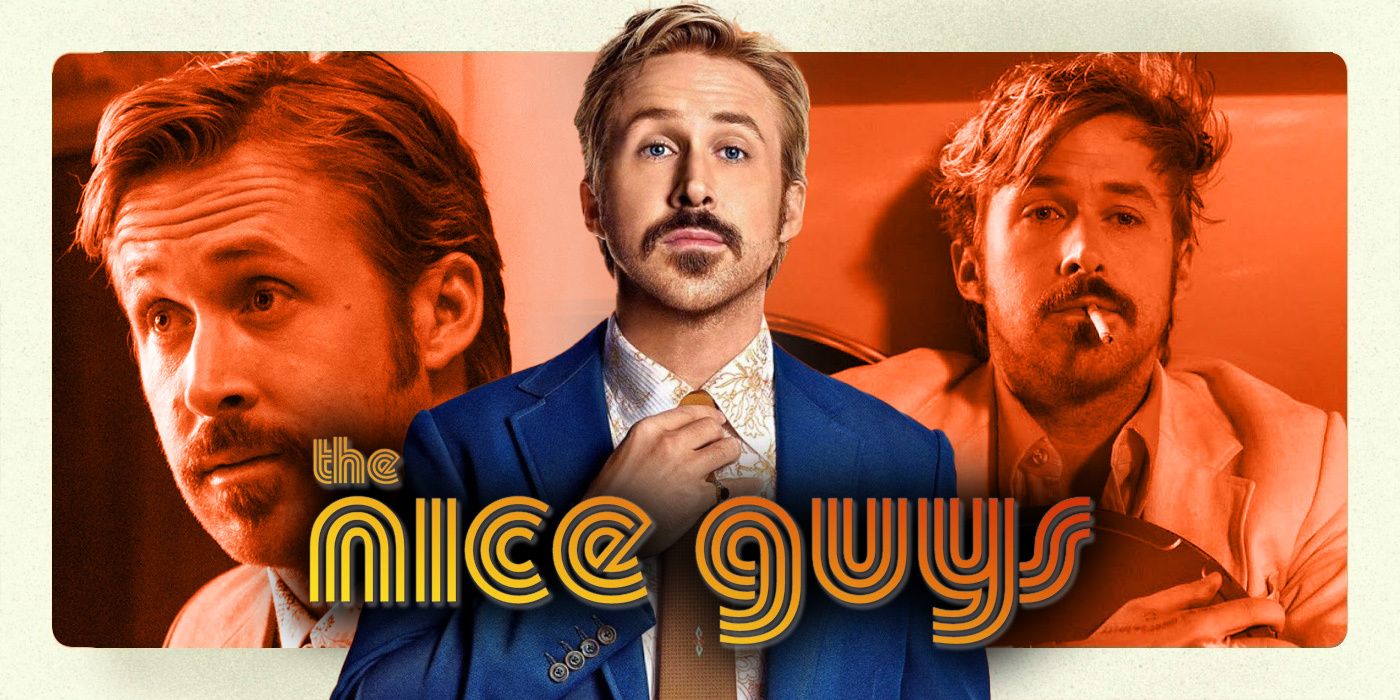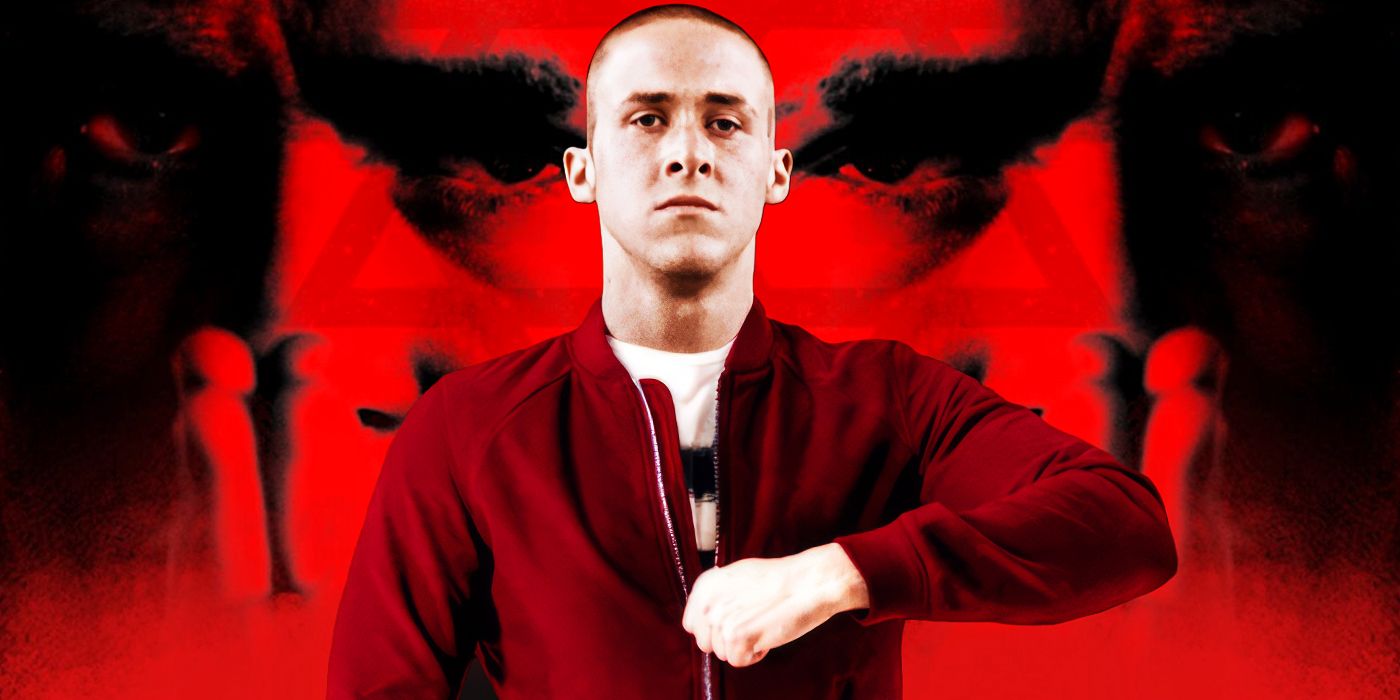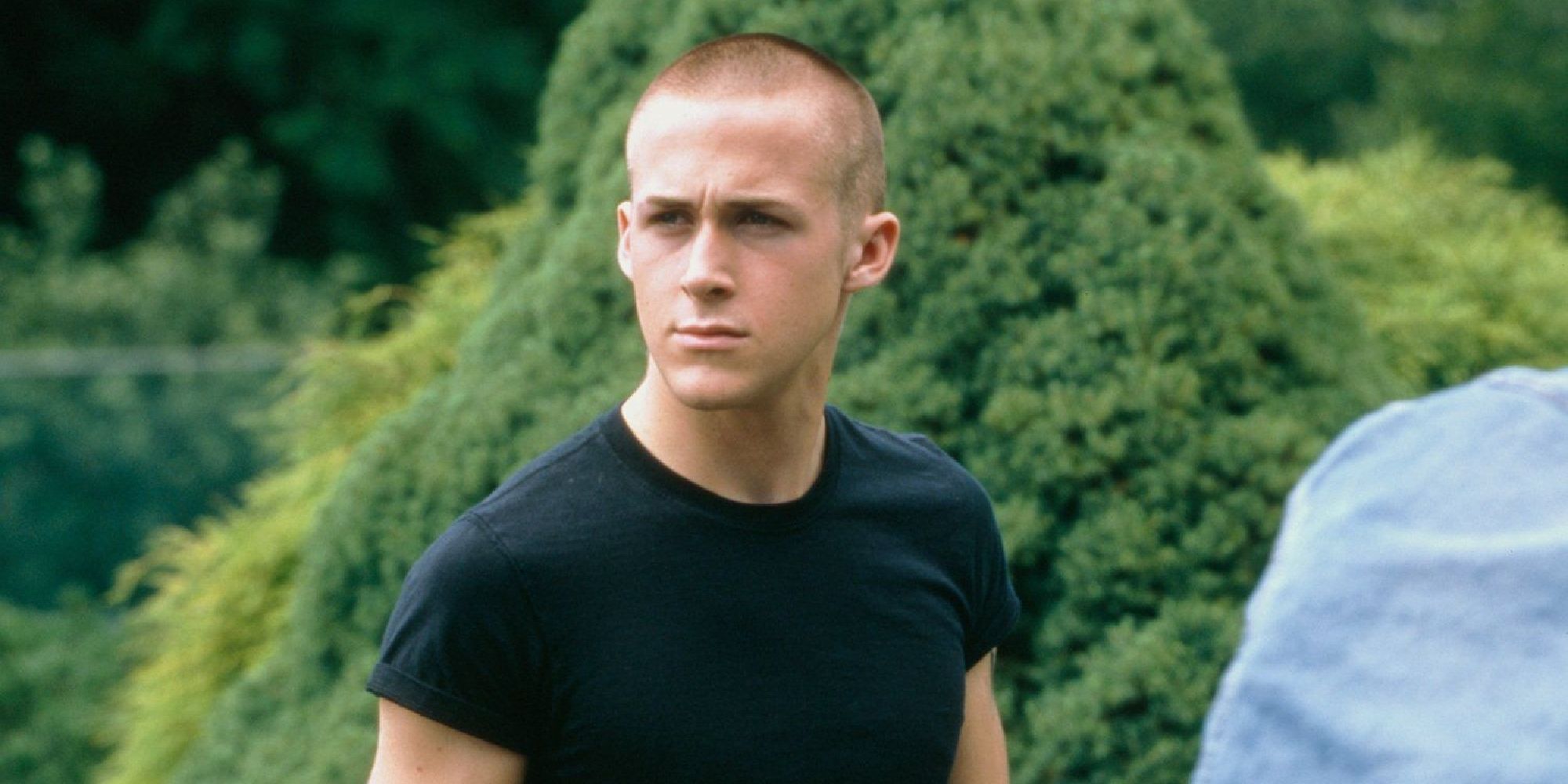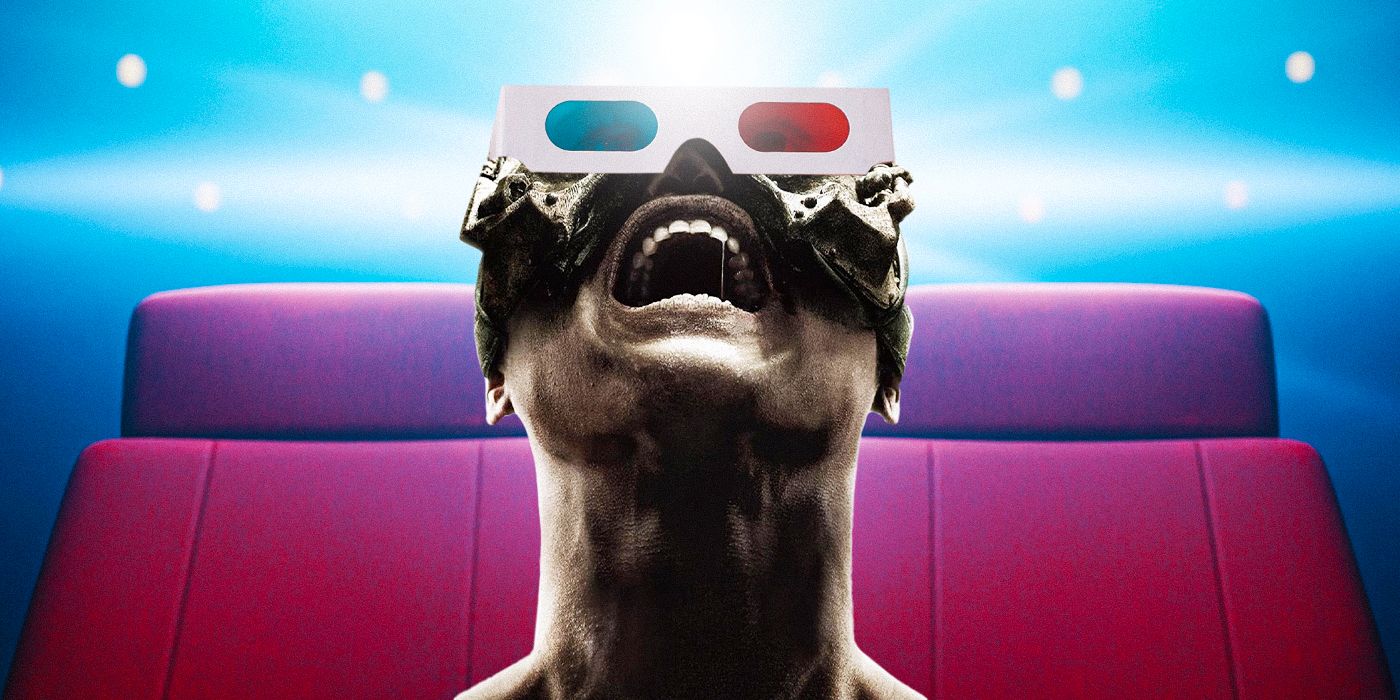The Big Picture
- The Believer is a dark and unsettling film that explores the complex duality of its lead character, played by Ryan Gosling.
- The film delves into Daniel’s intelligence and anger, showcasing his deep connection to his Jewish heritage while actively participating in Nazi activities.
- The ending of the film is haunting and poetically brilliant, leaving room for interpretation and deep reflection on themes of faith and desperation.
Though his career as a performer truly began as part of The Mickey Mouse Club and discourse surround him these days involves his Kenergy in Barbie, Ryan Gosling shattered his Disney image in 2001’s The Believer. A Sundance Film Festival favorite and winner of that year’s Grand Jury Prize, the film sports a deliciously loaded premise following the life of Daniel Balint (Gosling), a neo-Nazi who, unbeknownst to the anti-Semitic gang he runs with, is secretly Jewish. If that sounds like a story too obscure and contradictory to be plausible, think again! The film was loosely based on Dan Burros, a real-life member of both the American Nazi Party and the United Klans of America who committed suicide after being ousted as a Jewish man.
It’s a film as dark and upsetting as it is narratively stimulating, as Gosling’s first major film role blessed him with a character so soaked in contradictions that the film’s primary motivation, rather than sensationalizing the true-life drama, is to peel off the layers to discover just how one man could be so actively antagonistic to his own people. Written and directed by Henry Bean, who also co-wrote the wildly underrated Deep Cover, The Believer is unflinching with its subject and is not for the emotionally faint of heart.
The Believer
A young Jewish man develops a fiercely anti-Semitic philosophy. Based on the factual story of a K.K.K. member in the 1960s who was revealed to be Jewish by a New York Times reporter.
- Release Date
- January 19, 2001
- Director
- Henry Bean
- Rating
- R
- Runtime
- 98 minutes
- Main Genre
- Drama
- Genres
- Drama
- Writers
- Henry Bean , Mark Jacobson
Ryan Gosling’s ‘The Believer’ Character Is Highly Intelligent
The “why” of the real-life Burros and his violent attacks on the Jewish people is perhaps impossible to fully comprehend. However, most impressively throughout his film, Bean refuses to hold back on his interrogation of a divided man. What’s most alarming is that Bean doesn’t depict Daniel as ignorant or unintelligent. On the contrary, he’s heralded as one of the most intelligent men in the film, even since childhood, where his engagement with religious studies and his ability to debate with his teachers wildly surpasses that of other children in several flashbacks. A journalist comments on his remarkable abilities of articulation and, after meeting two wealthy neo-Nazis, the two recognize his ability and appoint him as a spokesperson for their movement to bring fascism to the mainstream.
What’s startling here is that, unlike Blackkklansman or other films that (rightfully) paint their bigots as fools, Bean and Gosling double down on conveying Daniel’s intellect again and again. What’s even more apparent, however, is his anger, the likes of which extends towards his skinhead compatriots as well. As his actions against Judaism escalate, Daniel ironically finds himself connecting further with his Jewish heritage, resorting to keeping a tallith beneath his shirt even during assassination missions and scolding the other Nazis for spitting on a Torah. The duality collides in the rare moments we see Daniel alone, within which he lifts the Torah and performs Nazi salutes, which Gosling performs with an explosive immediacy that suggest he’s far from in control of his own confusion. It’s only after the gang’s arrest does a surrealistic flashback shed any sort of light on the fuel behind his ideological predicament.
‘The Believer’ Explores the Horrors of the Holocaust
It’s only midway through the film that the gang members are incarcerated where they’re forced to undergo sensitivity training that involves speaking to actual Holocaust survivors. The stories are just as harrowing as you’d expect, as one elderly man recounts his infant son’s murder at the hands of a Nazi soldier. Daniel’s response? To scold him for his passivity and his inability to protect his child. As Daniel imagines himself as a Nazi soldier, it’s directly implied that Daniel’s plight primarily wrestles with his inability to comprehend Jewish passivity during World War II, even after the Holocaust survivor insists that he wouldn’t have been able to resist either had he been alive then.

Why Ryan Gosling’s Best Performance Is ‘The Nice Guys’
The actor proved that he can strike the perfect balance between drama and comedy.
In Roman Polanski’s Holocaust drama The Pianist, which features one of the most devastating central performances of all time, careful observers will notice that in spite of the terrifying multitude of deaths on display at the hands of Nazis, very few, if any of their victims, ever scream. It’s a surprising creative choice given the terrors on display, but has similar connotations with regard to the notion of Jewish passivity. As stated by the elderly man who Daniel converses with as part of his sensitivity training, the Holocaust utterly broke the spirit of an entire people and everyone else involved.
Years of hiding, running, and witnessing the inhumane deaths of countless people doesn’t leave one battle-ready, but broken. The crushing reality of resisting fascism on a militaristic scale is that there’s only so much death that one can witness before they accept it everywhere around them. Similarly, in Lina Wertmüller’s Seven Beauties, the Holocaust is used to embody the peak of human failure, in which victims, no matter how boastful they initially are of their pride or honor, will do absolutely anything to survive.
‘The Believer’s Ending Is Hauntingly Brilliant
Daniel allows a bomb he planted to go off in a synagogue, evacuating everyone but himself beforehand. In an ethereal dream sequence, Daniel finds himself in the staircase of his childhood school, face-to-face with his teacher. They discuss the Binding of Isaac, which, at the start of the film, a young Daniel insists is about God’s all-consuming wrath rather than Abraham’s unwavering faith. As he rapidly ascends the staircase, it’s revealed that he is in a recurring loop, never able to ascend to his desired destination. The final words spoken are from Daniel’s teacher, who urges him to stop running while insisting that “There’s nothing up there.”
The ending has the unique effect of rippling backwards into the plot and attempting to justify much of the frustration Daniel’s felt throughout his life. Their conversation regarding the Binding of Isaac reveals that Daniel is, above all, God-fearing. He admires God for his power but also envies him, evident in his attempts to take lives and enforce his own particular brand of hate onto the world. The fact that his first reaction to finding himself in this bizarre setting is to run upwards rather than question where he is also illustrates the desperation in Daniel’s search for faith, the likes of which he never found. It’s another one of the most powerfully ambiguous endings, as it opts to neither confirm nor deny its faith, even to itself.
The Believer is available to rent on Prime Video in the U.S.
Rent on Prime Video




